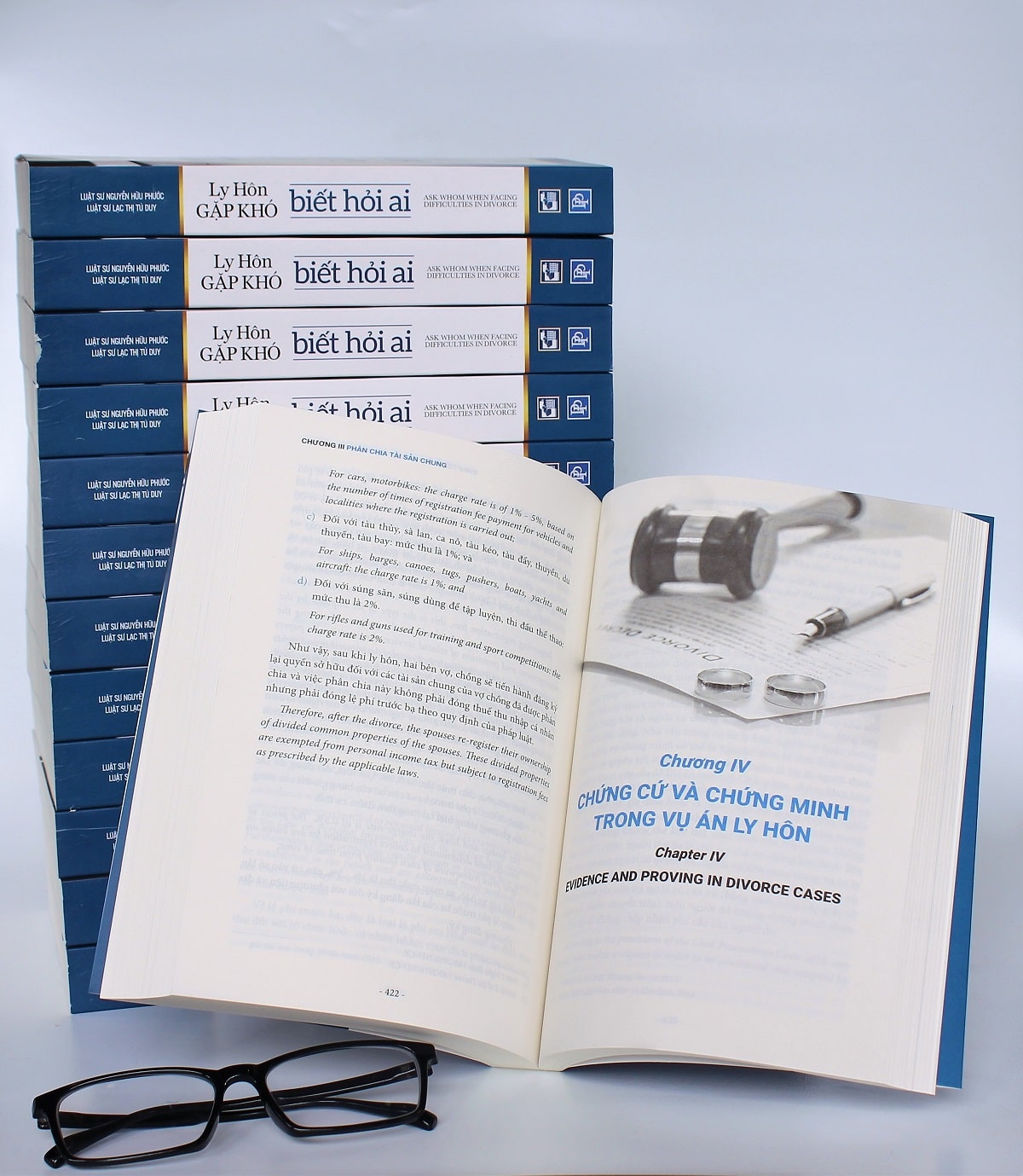Under the applicable law, there are 02 cases where the Court requests the litigants to submit evidence. Firstly, the Court requests the litigants to provide evidence to prove their request is grounded[3] and secondly, the Court may collect evidence where necessary or is requested to collect at the request of the other spouse[4]. The right to refuse to provide evidence as well as the consequences of failing to submit evidence or submitting insufficient evidence in each case will be different.
Case 01: The Court requests the litigants to provide evidence to support their request
In this case, a litigant provides evidence to protect his or her own rights and interests. Therefore, depending on the capabilities and purposes of the litigant, he or she may or may not provide evidence to the Court. The Court will not compel the person to hand over the evidence or directly apply sanctions when the person does not deliver. Failing to provide evidence, or providing it partially or not on time will result in the Court basing its analysis on the documents and evidence which has already been submitted by the litigants and collected by the Court itself for resolving the case. Therefore, the Court may reject the litigant’s requests due to no solid grounds or accept the requests of the other spouse.
Case 2: The Court requests the litigant to provide evidence at the request of other spouse or by itself where necessary
The Court has the right to request the litigant to provide evidence in two cases. First, when the spouse of the litigant or a person with rights and obligations related to the case has requested the litigant to provide evidence for him or her but no evidence is provided, the Court will be requested to conduct the procedure of evidence collection. Second, when the Court deems it is necessary and requests the litigant to provide evidence. In these cases, the provision of documents and evidence at the Court request is the litigant’s compulsory obligation. The Court will issue a letter requesting the litigant to provide documents, and evidence and he or she will be required to provide them within 15 days from the date of receiving the Court’s request[6]. Currently, there is no case which allows the litigant in a divorce case to refuse the submission of requested evidence in the above cases, even in cases related to State secrets, business secrets, and personal secrets. According to Article 109.2 of the Civil Proceedings Code 2015, in these cases, the Court does not just disclose the evidence at the request of the litigant, meaning that the person still has to hand over the evidence to the Court.
Although the litigant does not have the right to refuse the submission of evidence at the Court request, the Court may still accept the non-submission of evidence without imposing any sanction if the litigant has a proper reason. For example, the litigant will be unable to hand over the evidence due to being lost, canceled or not being managed by such person. Please note that the reason must be accepted by the Court, otherwise the litigant will be subject to sanctions as prescribed by law.
In cases where
the litigant fails to
submit, delays the submission or submits insufficient evidence at the Court request
in the above case without plausible reasons, depending on the nature and
seriousness of the violation, he or she may be subject to administrative penalty or prosecution for criminal liability in
accordance with the law. Such acts may constitute violations: acts of
obstructing verification activities, collecting evidence of procedure conducting
persons[9] and are handled according to law provisions and
subject to a fine ranging from 01 up to 03 million Vietnamese Dong[10].
[3] Article 6 of the Civil Proceedings Code 2015.
[4] Article 106.3 of the Civil Proceedings Code 2015.
[6] Article 106.3 of the Civil Proceedings Code 2015.
[9] Article 489.3 of the Civil Proceedings Code 2015.
[10] Article 1.40 of the Decree 67/2015/ND-CP.
If you would like more information on how we can assist you with divorce issues, please contact us at: +84 (28) 36223522 or email us at info@phuoc-partner.com

